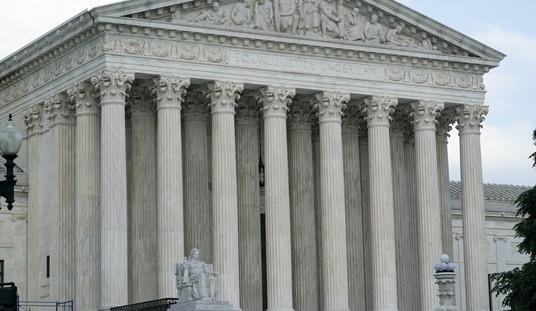
An article today in ForeignPolicy.com purports to claim that attacks on abortion clinics are “largely” a United States phenomenon. Foreign Policy is normally a pretty solid (if a bit lefty and internationalist) rag, but this particular article is long on speculation and outright errors and short on actual facts. The sole basis for their claim is that they asked someone from the Guttmacher Institute (a paid research subsidiary of Planned Parenthood), who claimed to not be aware, off the top of her head, of attacks in some parts of Europe. This, of course, is a long way from proving that they don’t occur.
In fact, as the article notes, “Foreign attacks are rare, but not unheard of. There have been a handful of incidents in Australia, where a security guard at an abortion clinic was killed in 2001, and Canada, where a Canadian doctor who performed abortions was shot in 1998,” which means that in terms of deaths in the relevant time frame, Canada and Australia have had exactly as many as the United States, where no abortion provider has been killed this century other than George Tiller.
But let’s suppose, for the sake of argument, that attacks on abortion clinics are more frequent here in the United States than they are overseas. Isn’t the liberal thing to do to ask why people who commit acts of violence commit those acts so that maybe we can prevent them from occurring in the future by clearing up this whole misunderstanding?
The Planned Parenthood toady quoted in the FP article, of course, chalks it up to more permissive attitudes about sex that are prevalent in Europe, because of course if you don’t claim that pro-lifers are really trying to repress sex instead of prevent the killing of babies, then they take away your Paid Pro-Abortion Hack card. But that explanation fails to account for the fact that every country in Europe has a more restrictive policy regarding abortion than we have in the United States. It’s inconsistent to say that Americans attack abortion clinics because they hate sex more and then note that Europeans actually restrict abortion more than America does.
No, the fundamental difference between abortion policy in Europe and abortion policy in America is that in Europe, citizens are allowed to participate in the national debate over abortion policy through democratic means. See, in Europe, abortion policy is set legislatively, and every so often their abortion laws get tweaked one way or another depending on the perceived needs of the moment.
This allows for a lot of different things, really, namely abortion restrictions that represent genuine compromise that more or less reflects the will of the populace at large. But most importantly, it allows people who think that abortion ought to be more restricted to feel as though they have been heard in the political process, and that they have an actual chance to enact change throughout the democratic process, as opposed to through violent means.
Here in America, on the other hand, a small cadre of unelected robed betters have for over four decades prevented any actual meaningful conversation on abortion from taking place. It’s poisoned our political discourse and skewed our national political alignment, and it’s led people to watch, time and time again, as reasonable restrictions on abortion that are favored by huge percentages of the population are regularly struck down in the name of appeasing judges who no one ever elected and who never have to face re-election once appointed.
And this regime, which so obviously fosters resentment and bitterness, is fought for tooth and nail by the very people who are this week wringing their hands over Robert Dear, because they’d rather a thousand Robert Dears than to have the American people actually have a say in the regulation of their industry, just like the American people have a say in the regulation of any other industry.














Join the conversation as a VIP Member